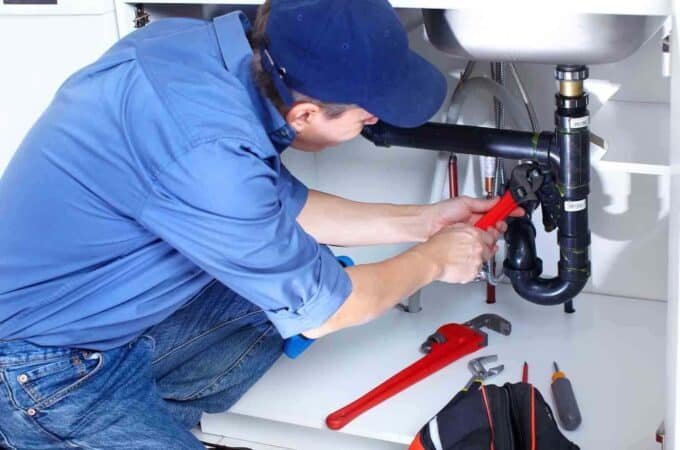
Drive Green: Electric Vehicle Charger Installation Services in NJ
Solar-powered chargers can technically charge electric vehicles (EVs), but there are several important considerations and limitations SolarMe explains to keep in mind:
- Charging Speed: Generally, the amount of electricity produced by solar-powered chargers is still not enough to charge an electric vehicle at a higher rate. This charging is slow and bound to be underpowered for regular EV charging as these devices are powered in nominal terms by low output power, which will result in extremely long charge times.
- Portable vs. Stationary Chargers: There are two types of Solar-powered chargers for EVs; the portable and stationary types. Portable chargers are usually small in size and mostly used for emergencies, for instance, to provide a force or trickling charge to a 12V battery. More importantly, the stationary chargers are designed for normal EV charging which may not deliver fast charging rates.
- Solar Panel Size and Efficiency: The performance of the charger is largely affected by the size and efficiency of solar panels. The production of more electricity also results from the larger solar panels, which are capable of charging quickly. However, the solar panel’s size might be limited by the size and portability of its charger.
- Sunlight Availability: Some of them including solar chargers require direct sunlight so as to produce electricity. For instance, during heavy cloud cover and overcast, they become less effective. Moreover, you have to locate and angle the solar panels for optimal effectiveness in capturing sunlight; which could be an inconvenience at times.
- Battery Storage: The storage battery system is popular in a lot of solar-powered EV chargers where energy generated during the day can be stored and then used at night. This can balance the sunlight intermittency by giving a steady energy source to EV charging.
- Limited Range: Solar-powered chargers have their effective ranges relatively low. These are primarily intended as a top-up on small electronics such as phones, tablets, or 12V batteries. All these may not produce sufficient energy to power an electric car by a large fraction.
- Cost: Chargers based on solar power for EVs can be costly, and the savings in electricity may require a long time to repay the initial investment.
- Grid Connection: Most EV owners prefer to have a home grid-connected charging station as it is more reliable and provides faster charging. To this effect, the energy costs associated with these grid-connected chargers can be offset using solar power.
For instance, solar-powered chargers are handy as an example to fill or keep up your EV’s 12V battery and for emergency charges in remote areas but in most cases, solar power is not realistic to be relied on alone as the main source of energy for electric vehicles. The majority of EV owners utilize grid-connected charging stations, which help provide convenient, fast, and dependable charging. Some of them also own solar panels on the rooftops of their homes or businesses that aid in offsetting the energy consumption during EV charges.
To get more information on Electric Vehicle Charger Installation Service in NJ, please visit the link.






